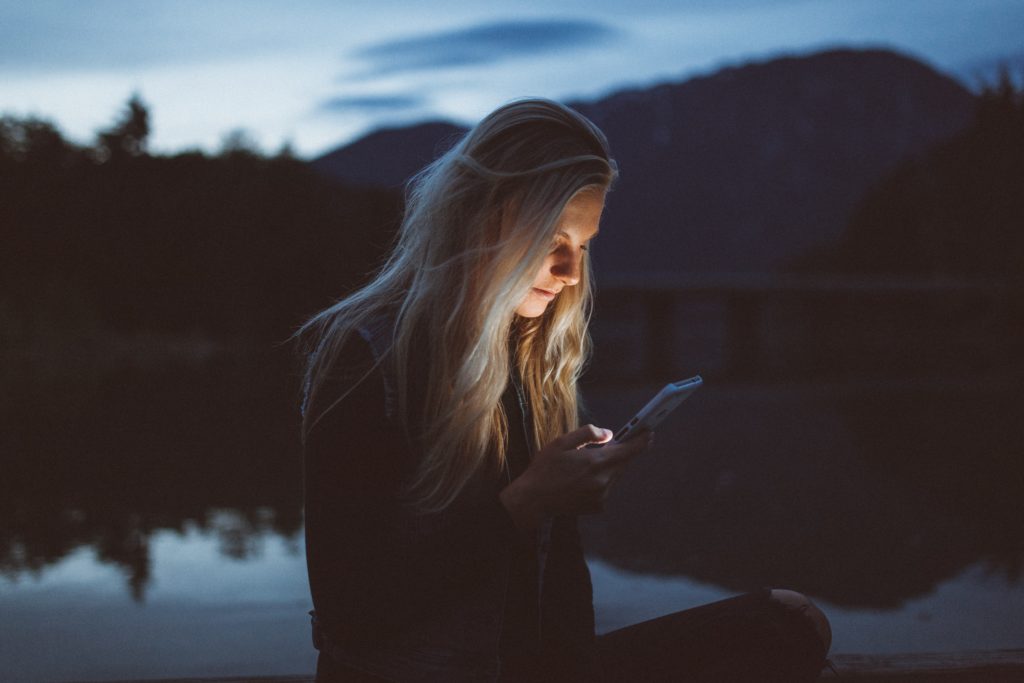Last Monday, Facebook and Instagram went down for almost seven hours. Social media has become the way that we interact with each other. It’s how a lot of us see the news, what our friends and family are doing at any given time, what events are happening in our local cities or town, what’s the hottest new trend, what celebrities are doing, and so much more. According to Forbes, the average American spent upwards of 1,300 hours on social media in 2020. When two of the largest social media platforms that collectively have nearly 4 billion users go down, it’s going to have society-wide implications.
Earlier this month, an ex-Facebook employee, Frances Haugen, who worked as a data scientist, revealed just how damaging social media really is in front of Congress. According to numerous studies done by Facebook, which were never released to the public, Facebook and Instagram have detrimental effects on the mental health of children, teenagers, and adults. The study showed a 13% increase in suicidal thoughts in adults when regularly using Instagram. A separate study showed a 17% increase in eating disorders in girls. There’s been a 52% increase in depression in teens from 2005 to 2017. And a 63% increase in adults from 2009 to 2017.
As someone who works in social media marketing, I have a first-hand look at people’s interactions. I see hundreds of comments every day, and I was genuinely surprised by what I saw when the platforms came back online. After an even short break from social media (it was less than a day!), people’s comments were noticeably more positive! We had a team meeting at the end of the week, and every single one of our team members noticed the difference in attitude from commenters. Being away from social media improved peoples’ moods.
So many therapists recommend social media detoxes, but most of us are afraid to do it. Fear of missing out, or maybe even a fear of loneliness, prevents us from following through for enough time to make a difference. But during the social media outage, everyone lost access. Therapist John Duffy, who spoke to CNN after the event, said that many of his patients felt relieved. They didn’t feel the constant pressure to keep up and compete, and they didn’t feel like they were missing out because they knew it was down for everyone. Several of his patients even made an effort to reach out and connect with loved ones in person rather than online.
Social media isn’t going anywhere any time soon. With new channels constantly being introduced into our lives and more access to the internet being introduced worldwide, our society as a whole will continue to be more connected than ever before. But we have to ask ourselves, are these broad connections enough to fulfill our need for love and genuine human connection? How do we change how we use social media to support our growth and strengthen bonds rather than inherently tear our individual selves down?
Get more like this—Sign up for our daily inspirational newsletter for exclusive content!
___
Photo: Becca Tapert on Unsplash





